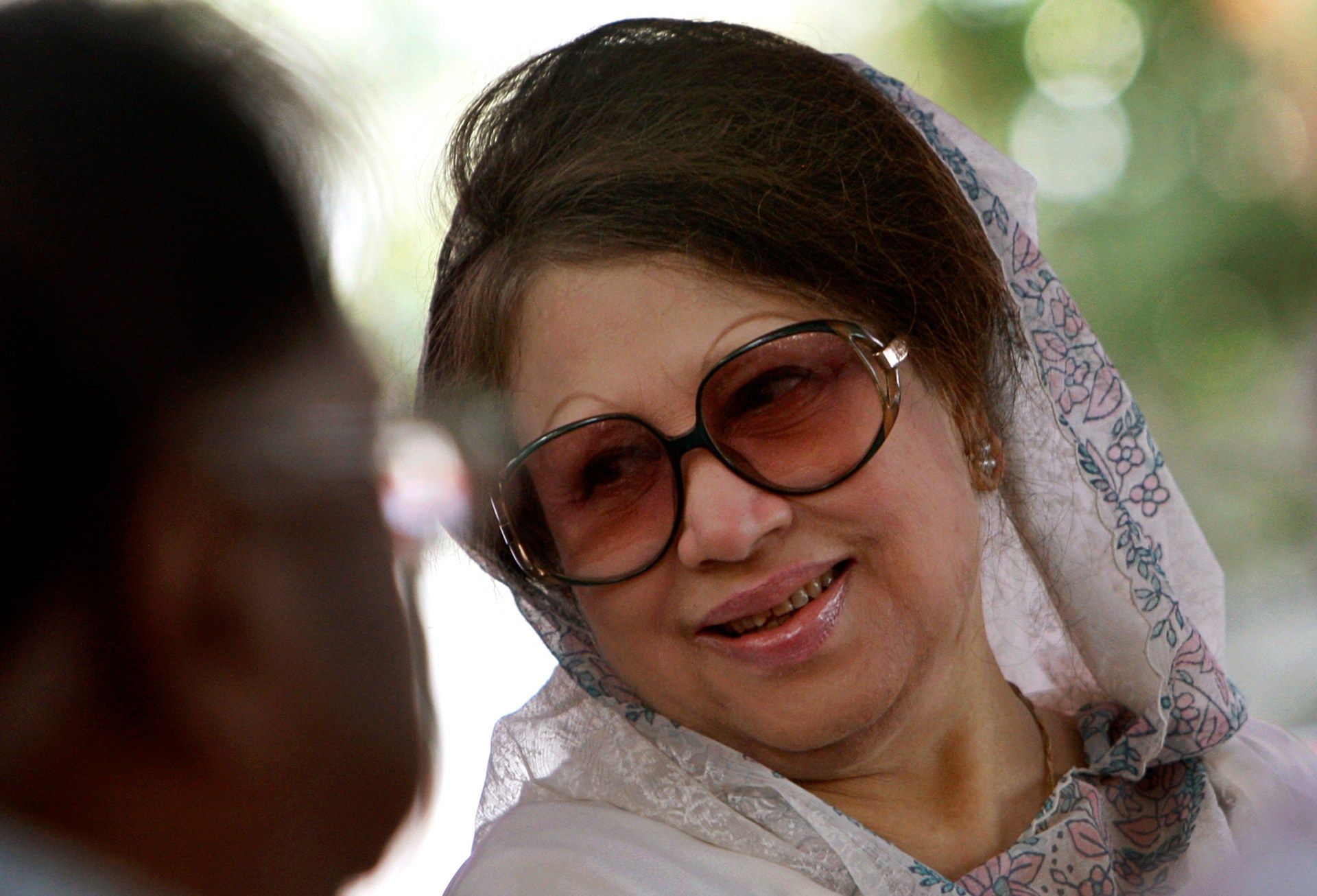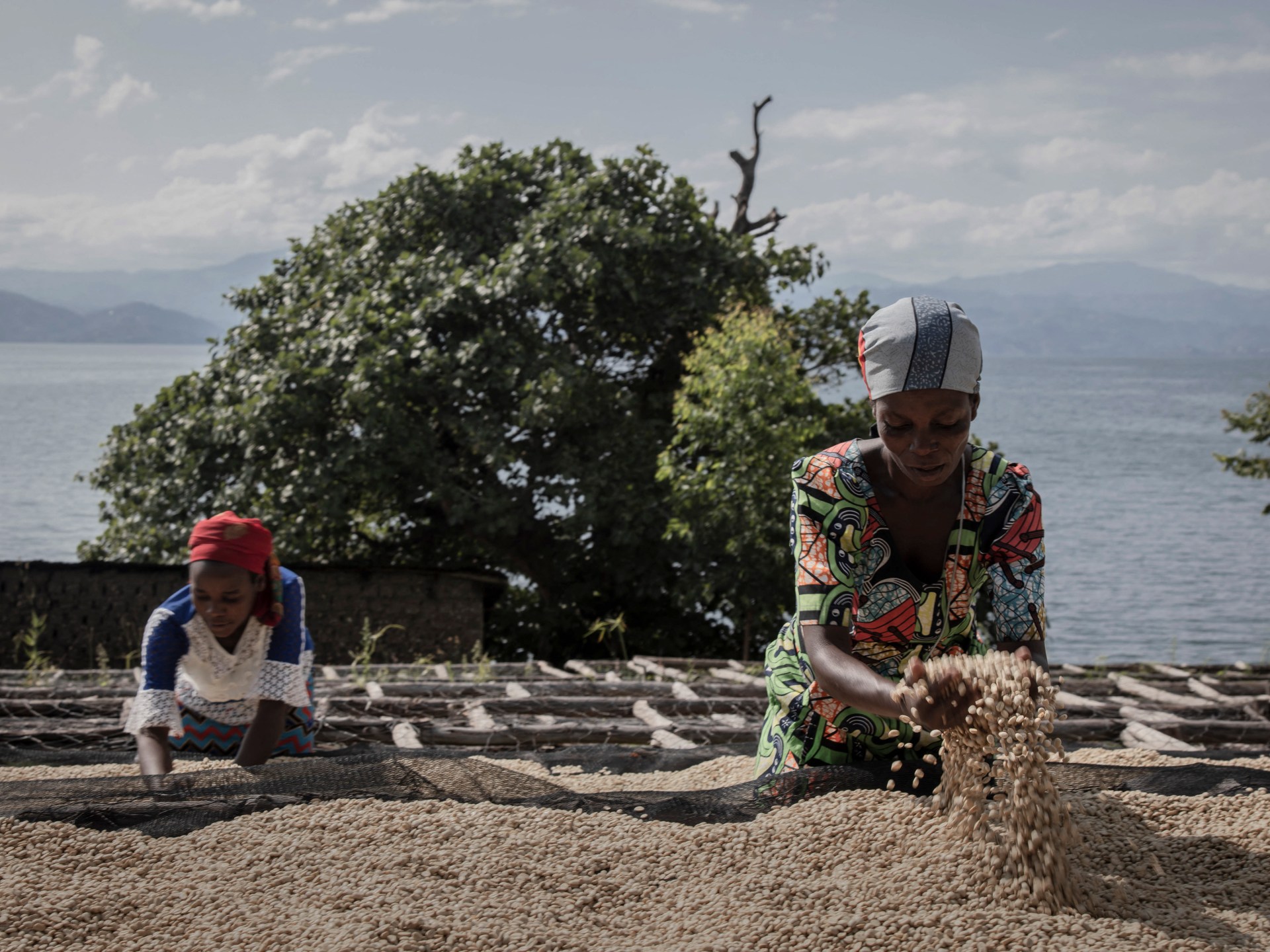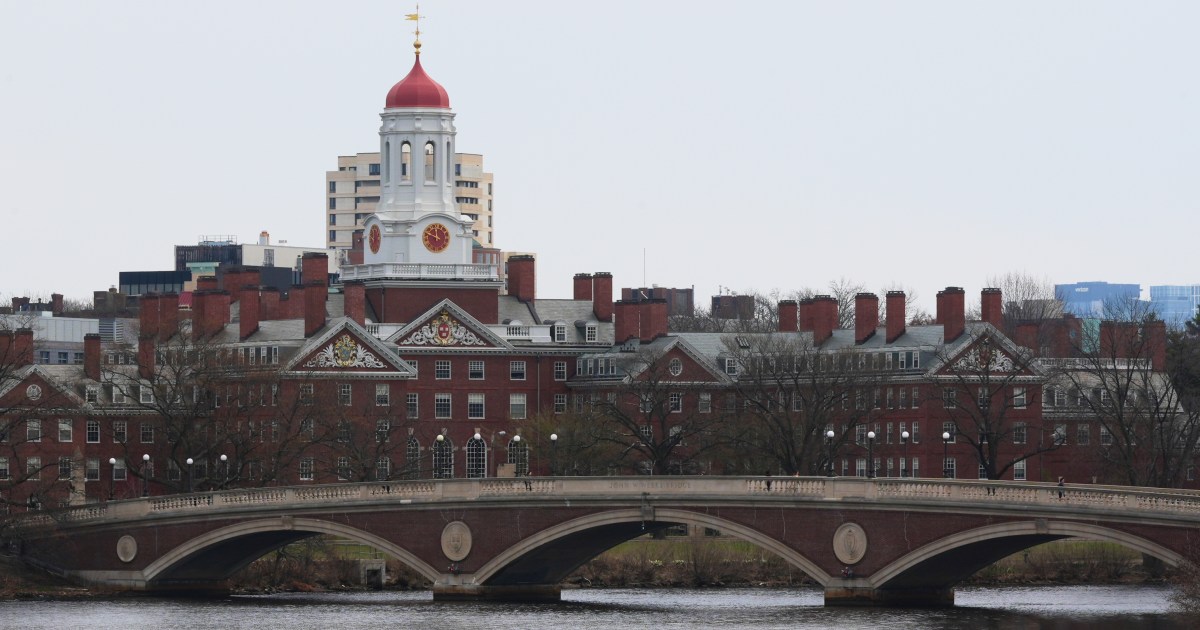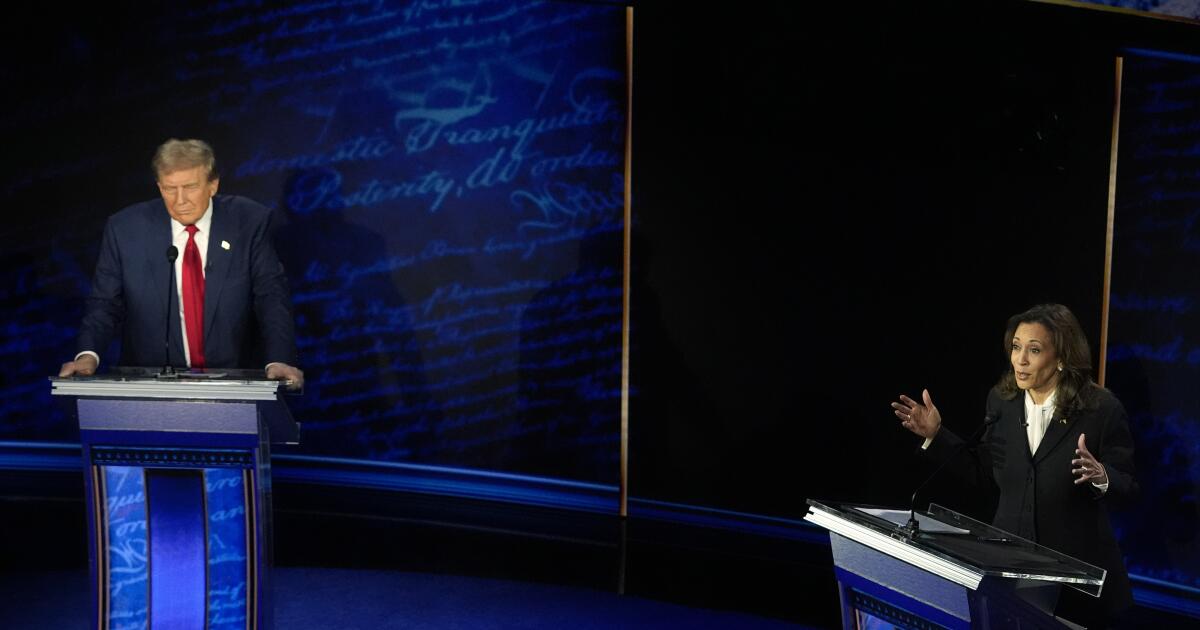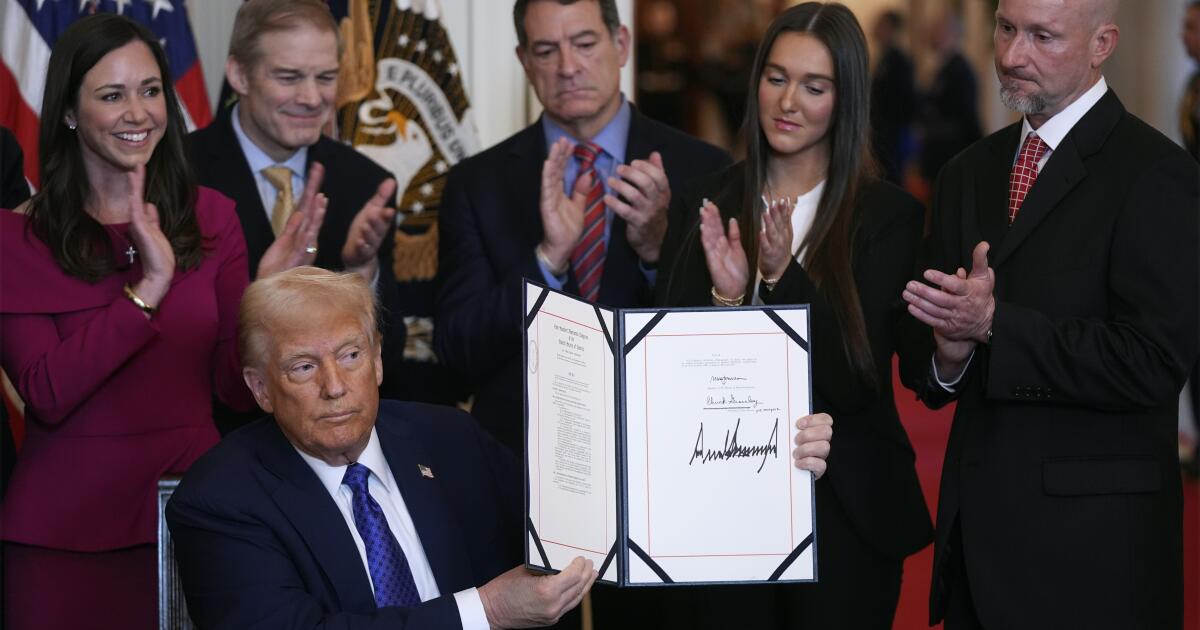The leader of the Bangladesh Nationalist Party was an opponent of Prime Minister Hasina, who resigned and fled the country.
Bangladesh has released Begum Khaleda Zia, chairwoman of the main opposition party, from house arrest, the president's office announced.
Zia, 78, who twice served as prime minister, was convicted in a corruption case in 2018 and sentenced to 17 years in prison.
The Bangladesh Nationalist Party (BNP) leader was taken to hospital a year later due to deteriorating health. She has denied the charges against her.
Zia was an arch-rival of former Prime Minister Sheikh Hasina, 76, who resigned and fled the country on Monday.
On Tuesday, President Mohammed Shahabuddin announced Zia's release from house arrest and dissolved parliament following calls from the student-led national movement.
Zia had led the BNP since 1981, after her husband, then-President Ziaur Rahman, was killed in an attempted military coup. A decade later, she became Bangladesh's first female prime minister.
Despite having ruled from 1991 to 1996 and from 2001 to 2006, Zia's terms in office were marred by allegations of corruption.
As part of a deal to allow Zia to resume his political life, his two sons, also accused of corruption during his second term, moved to the UK.
The announcement of his release came after army chief General Waker-Uz-Zaman met with student leaders to discuss the formation of an interim government that is expected to hold elections soon after taking power.
Meanwhile, the country's main police association apologized Tuesday for actions against “innocent students” during the crackdown on protesters and demanded the release of its jailed officers.
“Until the safety of all police personnel is ensured, we will declare a strike,” the Bangladesh Police Association said in a statement.
He argued that his officers had been “forced to open fire” and had been regarded as “villains.”
Families of political prisoners jailed in Bangladesh under Hasina were desperately waiting for news of their relatives, while some of the missing were released.
Among those most prominent freed on Tuesday was opposition activist and lawyer Ahmad Bin Quasem, a British-educated barrister and son of Mir Quasem Ali, the former leader of Jamaat-e-Islami who was hanged in 2016 after his final appeal was rejected by the Supreme Court.
Security forces under Hasina have been accused of detaining tens of thousands of opposition activists, killing hundreds in extrajudicial clashes and disappearing their leaders and supporters.
Last year, Human Rights Watch said security forces had committed more than “600 enforced disappearances” since Hasina came to power in 2009, and that nearly 100 people remained missing.
Hasina's government has denied the allegations, saying some of the missing drowned in the Mediterranean while trying to reach Europe.
“We need answers,” Sanjida Islam Tulee, coordinator of Mayer Daak, told AFP. The group, whose name translates as The Call of Mothers, has been campaigning for the release of those detained.

